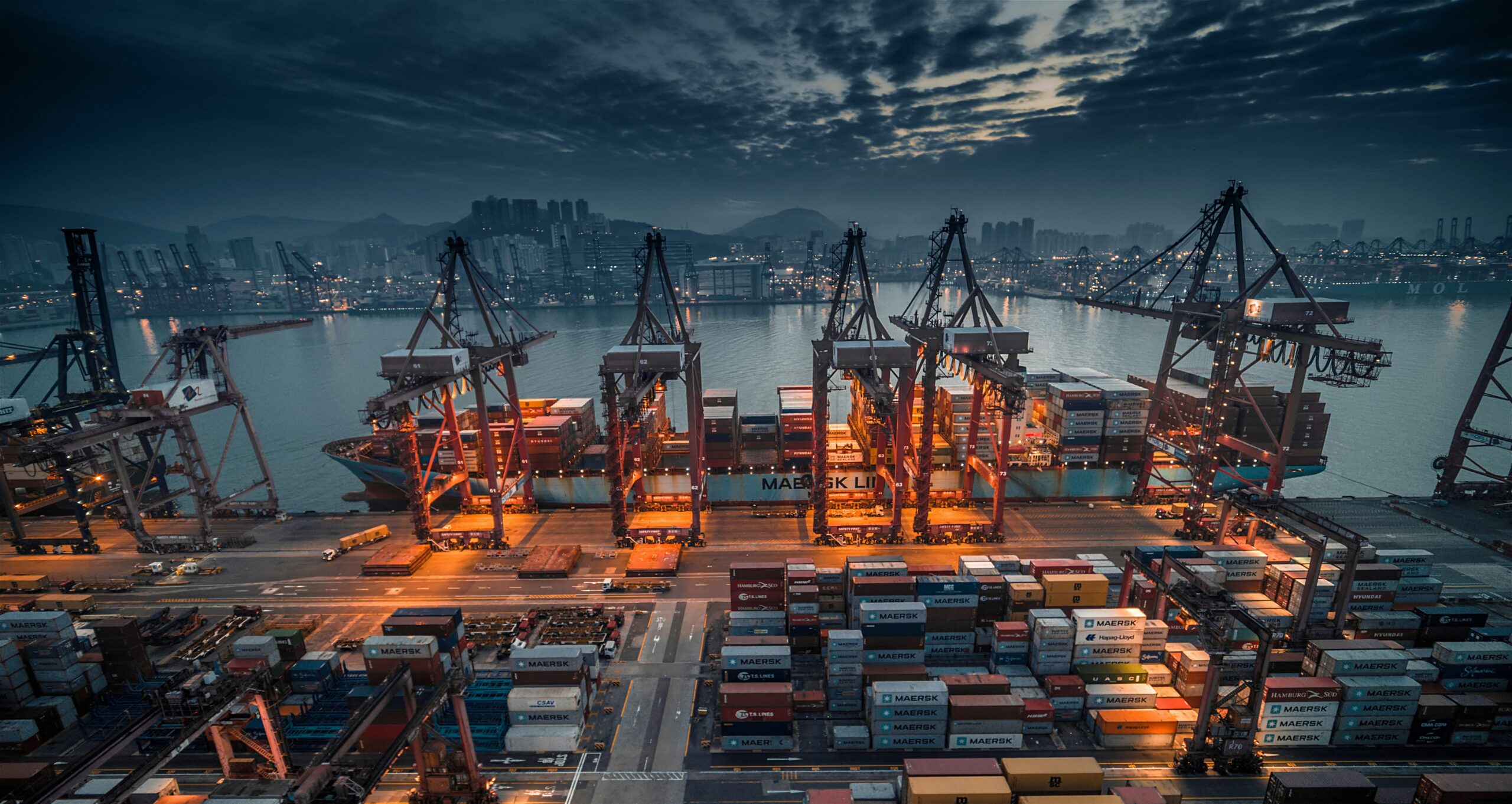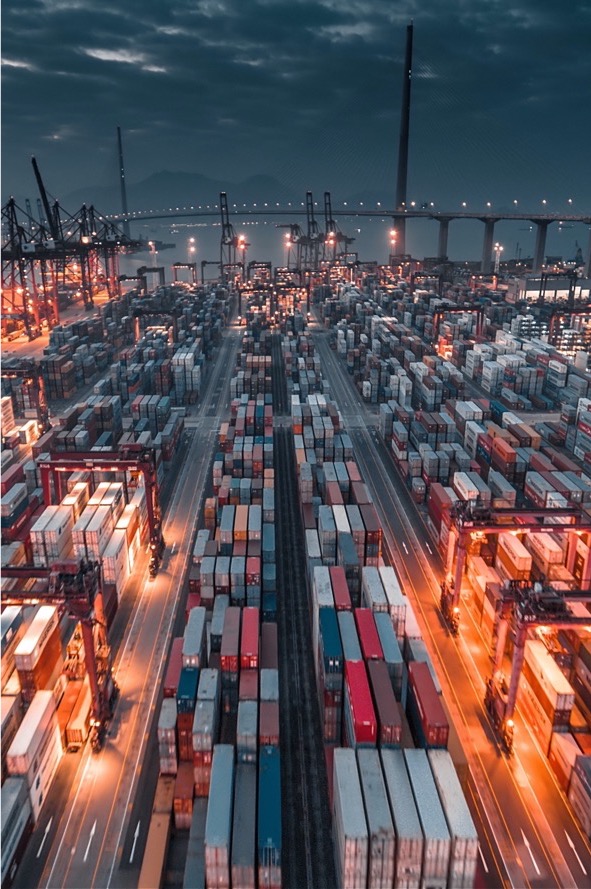Digital data processes are ubiquitous throughout the Freight and Logistics sector. This industry operates within a boundless ecosystem, where data breaches can occur at any intersection. Amidst fierce competition, it is imperative that every data point is secure, relevant, and trusted by all stakeholders involved. The geopolitical landscape adds another layer of complexity that must be considered. The Freight and Logistics industry is characterized by a significant lack of trust. As a result, comprehensive risk assessments must be conducted at every stage, and each solution must be thoroughly evaluated to mitigate potential data tampering or theft. Business continuity is of paramount importance.
Our team works diligently to facilitate swift decision-making based on reliable, extracted data values. By fostering trust and confidence within the industry, we aim to drive growth, innovation, and long-term success.
In this rapidly evolving digital era, technologies such as artificial intelligence (AI), blockchain, and IoT (Internet of Things) are transforming the Freight and Logistics sector. These technologies enhance operational efficiency and offer robust solutions for data security. For instance, blockchain can provide an immutable ledger for tracking shipments, reducing the risk of data manipulation. IoT devices offer real-time monitoring of goods, ensuring transparency and immediate action in case of discrepancies. AI algorithms can detect and respond to cyber threats in real-time, enhancing overall security.
The regulatory environment governing data privacy and security is increasingly stringent. Compliance with international standards like GDPR and CCPA is mandatory, with non-compliance leading to severe financial penalties and reputational damage. Staying abreast of regulatory changes and implementing proactive measures to adhere to these standards is crucial.

Human factors also play a role in data security. Despite technological advancements, human errors remain significant vulnerabilities. Continuous training and awareness programs for employees are essential to cultivate a security-conscious culture within the organization. Employees should be well-versed in recognizing phishing attempts, securing sensitive information, and following best practices for data protection.
Collaboration across the supply chain is vital. Establishing a unified framework where all parties share a common commitment to data security can significantly reduce risks. This collaborative approach ensures that potential threats are promptly identified and addressed, maintaining the integrity and trustworthiness of the entire supply chain.
Investing in robust cybersecurity infrastructure is non-negotiable. Advanced encryption methods, multi-factor authentication, and regular security audits fortify defenses against cyber threats. Additional technologies such as intrusion detection systems (IDS), intrusion prevention systems (IPS), and firewalls are critical components in detecting and preventing unauthorized access. Organizations must also develop and regularly update their incident response plans to swiftly counteract any security breaches.
By leveraging cutting-edge technologies, adhering to regulatory standards, fostering a culture of security awareness, and promoting collaboration, we can mitigate risks and ensure business continuity. Our commitment to these principles protects data integrity and enhances stakeholder confidence, paving the way for sustained growth and innovation in the industry.
